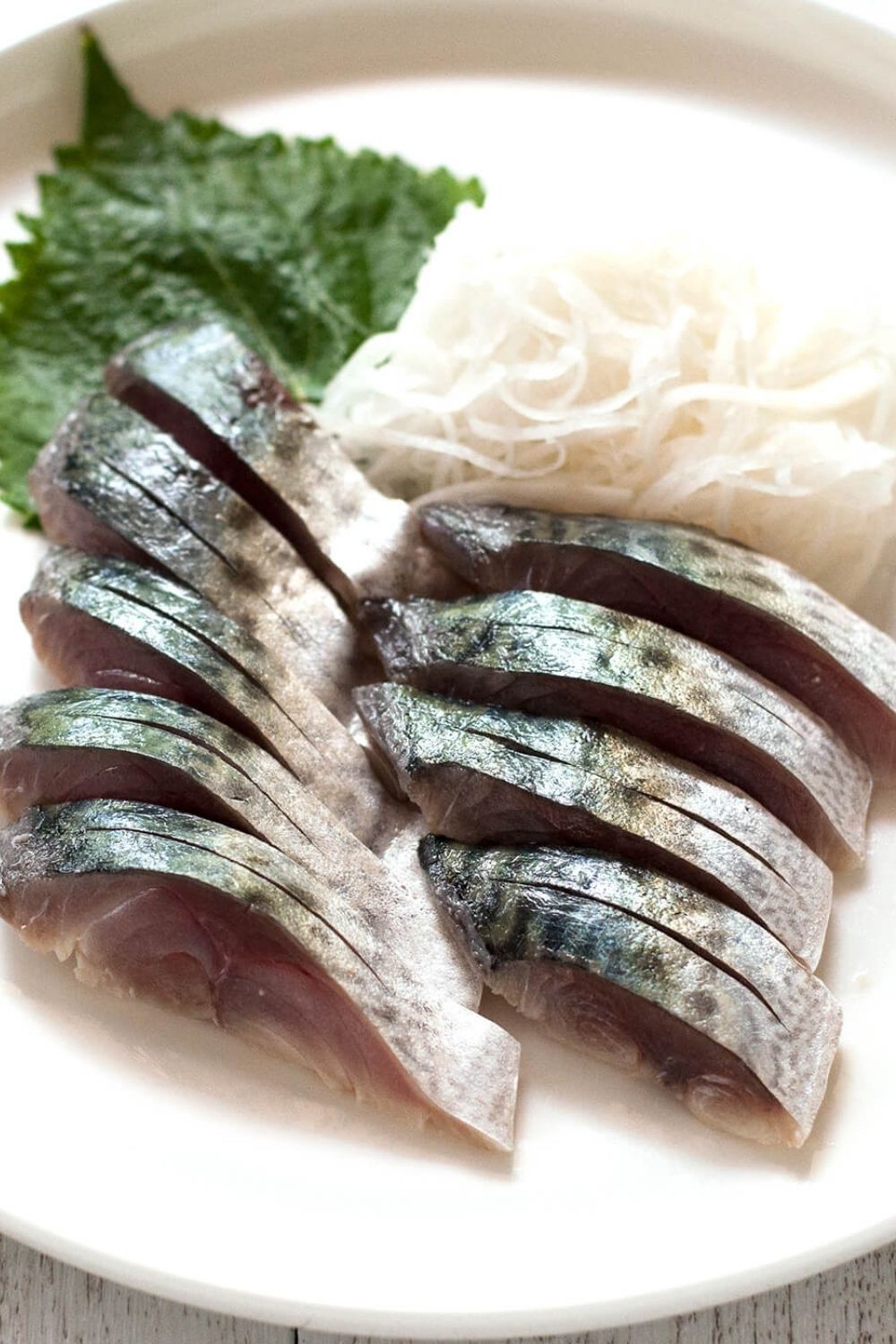The parasites that infect most marine fish are nematodes, or roundworms, from the genus Anisakis. It’s preferable to avoid eating them, of course, but conventional wisdom says that the stray live anisakid in your gut will, at worst, provoke some discomfort—nausea and possible stomach pain, similar in kind to a bout of food poisoning.
That impulse to find a more hospitable environment, Sakanari says, is what makes anisakids particularly worrisome for humans. The human body is sufficiently different from that of whales and elephant seals—typical anisakid end hosts—that it forces the worms to wander around inside of it. As they do so, they probe along the intestinal wall, trying to penetrate it and sometimes getting stuck in the process, which can necessitate resection. (Interestingly, because humans are a natural end host for tapeworms, Sakanari says that tapeworm infection, as disgusting as it might sound, would be preferable to larval anisakid infection. The pathologies associated with the adult fish tapeworm infection are by and large less severe, and can be treated with a simple anthelmintic.)





